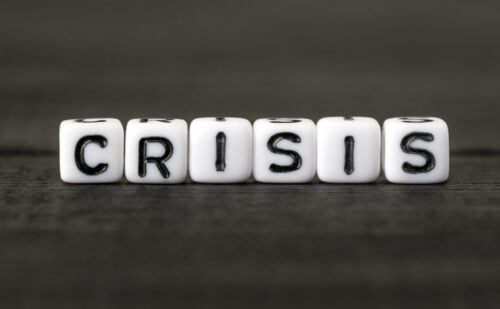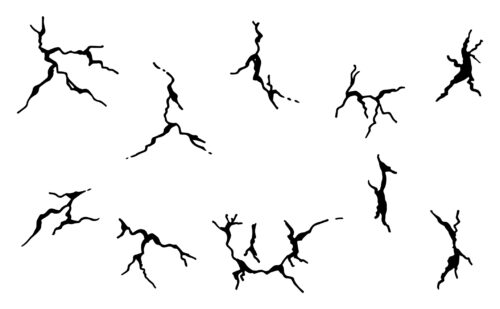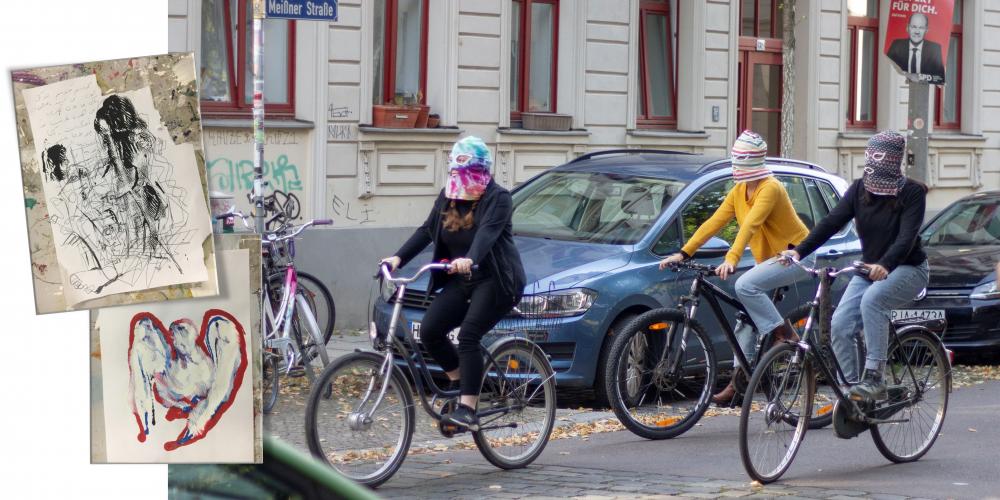
Project of the Month: The Everyday Experiences of Young Refugees and Asylum Seekers in Public Spaces
By Alison MacDermott
Posted: 9 December, 2021
HERA is pleased to present the next Project of the Month: The Everyday Experiences of Young Refugees and Asylum Seekers in Public Spaces
The multinational team of researchers explores interaction and inclusion of refugee youth and the role they play in urban European context.
Project name
The Everyday Experiences of Young Refugees and Asylum Seekers in Public Spaces
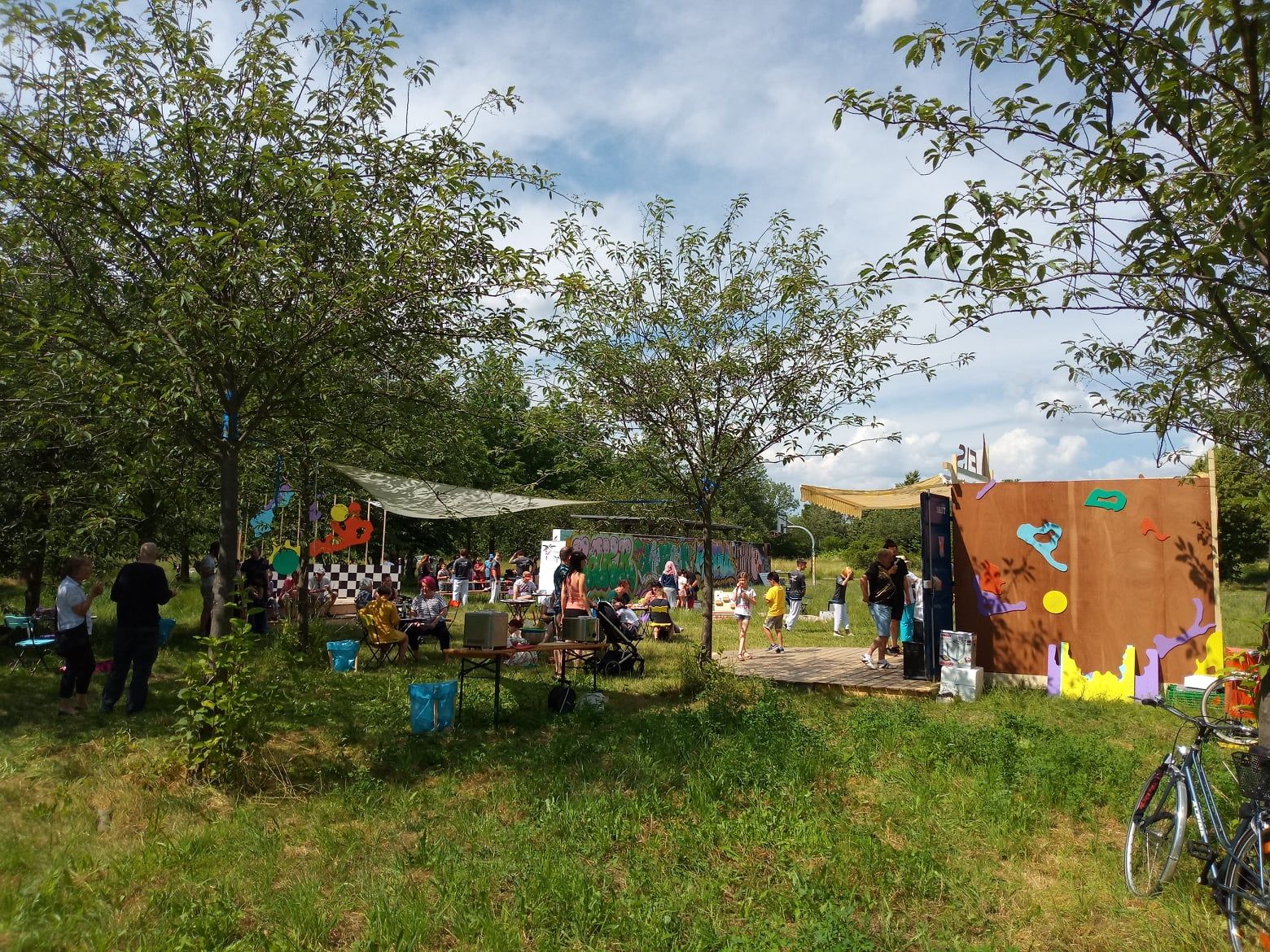
Project Team
- Prof Peter Hopkins (Newcastle University, PL)
- Dr Matthew Benwell (Newcastle University)
- Dr Robin Finlay (Newcastle University)
- Dr Ilse van Liempt (Utrecht University, PI)
- Rik Huizinga (Utrecht University)
- Dr. Kathrin Hörschelmann (University of Bonn, PI)
- Elisabeth Kirndörfer (University of Bonn)
- Yuliana Lazova (Leipzig Institute for Regional Geography, Leipzig)
- Karin Wiest (Leipzig Institute for Regional Geography, Leipzig)
- Johanna Bastian (University of Bonn)
- Dr Hassan Bousetta (Université de Liège)
- Dr Mattias De Backer, (KU Leuven – Université de Liège)
- Pascale Felten (Université de Liège)
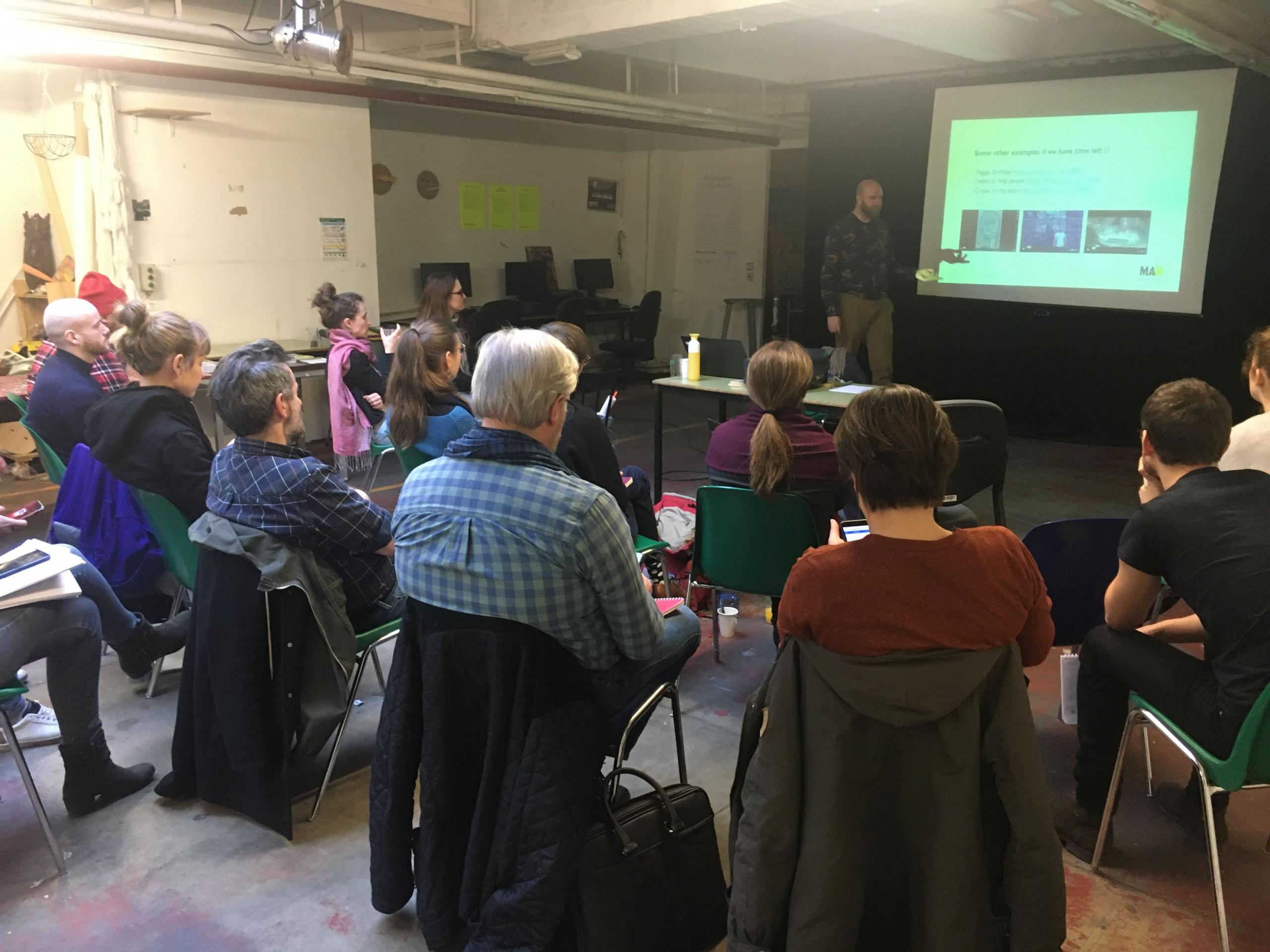
Describe your project
This project focuses on the everyday experiences of refugee youth in public spaces in the European cities of Amsterdam, Brussels, Leipzig and Newcastle upon Tyne.
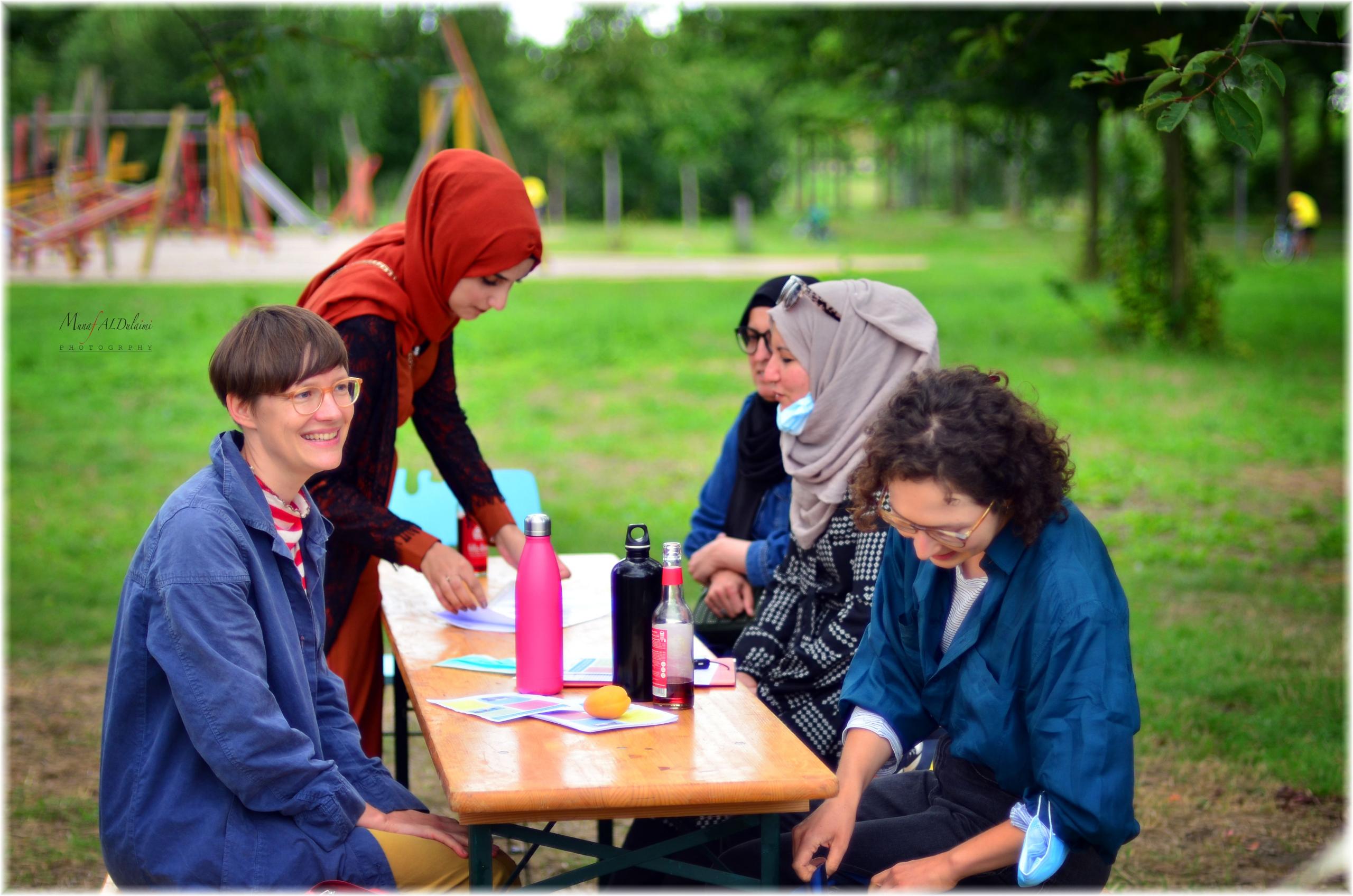
Describe your project development to date
We have made a lot of progress with our project having collected a significant amount of qualitative data and having completed urban histories and media analysis of refugee issues in our four case study cities. The nature of the data collection differs slightly to what was planned because of the pandemic; however, we have continued to address directly the research aims and objectives set out in our proposal.
In Newcastle upon Tyne in North East England, we have held research sessions with 49 asylum seekers and refugees and engaged in 40 hours of volunteering at refugee organisations (online and offline). We have also interviewed 29 stakeholders in the arts and cultural sector (and related sectors) and conducted a map-making art session with 10 young asylum seekers and refugees.
In Leipzig in Germany, we have conducted 18 semi-structured interviews with experts (sociocultural field, activities for young refugees and asylum seekers) and 28 semi-structured interviews with young refugees and asylum seekers (via Zoom or outside). We have also hosted three storymapping-workshops with young refugees and asylum seekers.
The team in Amsterdam in the Netherlands has engaged in 176 hours of participatory fieldwork at BOOST Amsterdam and 9 hours of participatory fieldwork at We sell reality (art project run with unauthorized migrants). We had had informal conversations with 67 newcomers at BOOST Amsterdam and conducted semi-structured interviews with 29 stakeholders. We also facilitated a photo voice project with newcomers in the Molenwijk, a neighbourhood in the North of Amsterdam.
In Brussels in Belgium, the team has engaged in 200 hours of observation (Globe Aroma), conducted 39 interviews with frontline practitioners and cultural initiatives and 8 interviews with young refugees and asylum-seekers.
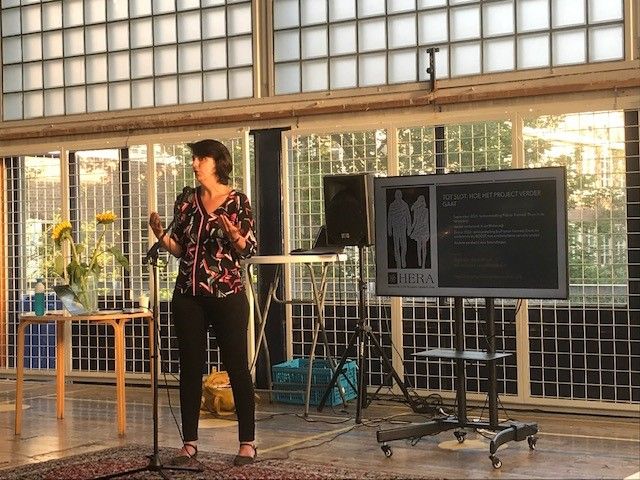
How did the pandemic impact on the project and how has the project adapted?
We initially proposed to utilise a toolkit of creative methods to engage with young refugees about their everyday experiences. The pandemic – and the lockdowns associated with this – placed a number of limitations on the extent to which we could work in creative and participatory ways with our participants and so a lot of the data collection has taken place online.
In the international team, we therefore decided to focus on the Covid-19 crisis and, based on a telephone survey among activists in refugee initiatives, to point out the particularly difficult situation of refugees in the context of the pandemic. In addition, we stayed in touch with the young refugees involved in the project and switched to interviews online. This way of communicating has its limits, especially when it comes to sensitive issues and emotional situations. On the one hand, they show how the pandemic has affected the daily ‘work of doing-arrival’ for young refugees and asylum seekers. On the other hand, it became apparent how severe the immigration systems are in terms of how they marginalise refugees and asylum seekers politically, socially, and spatially.
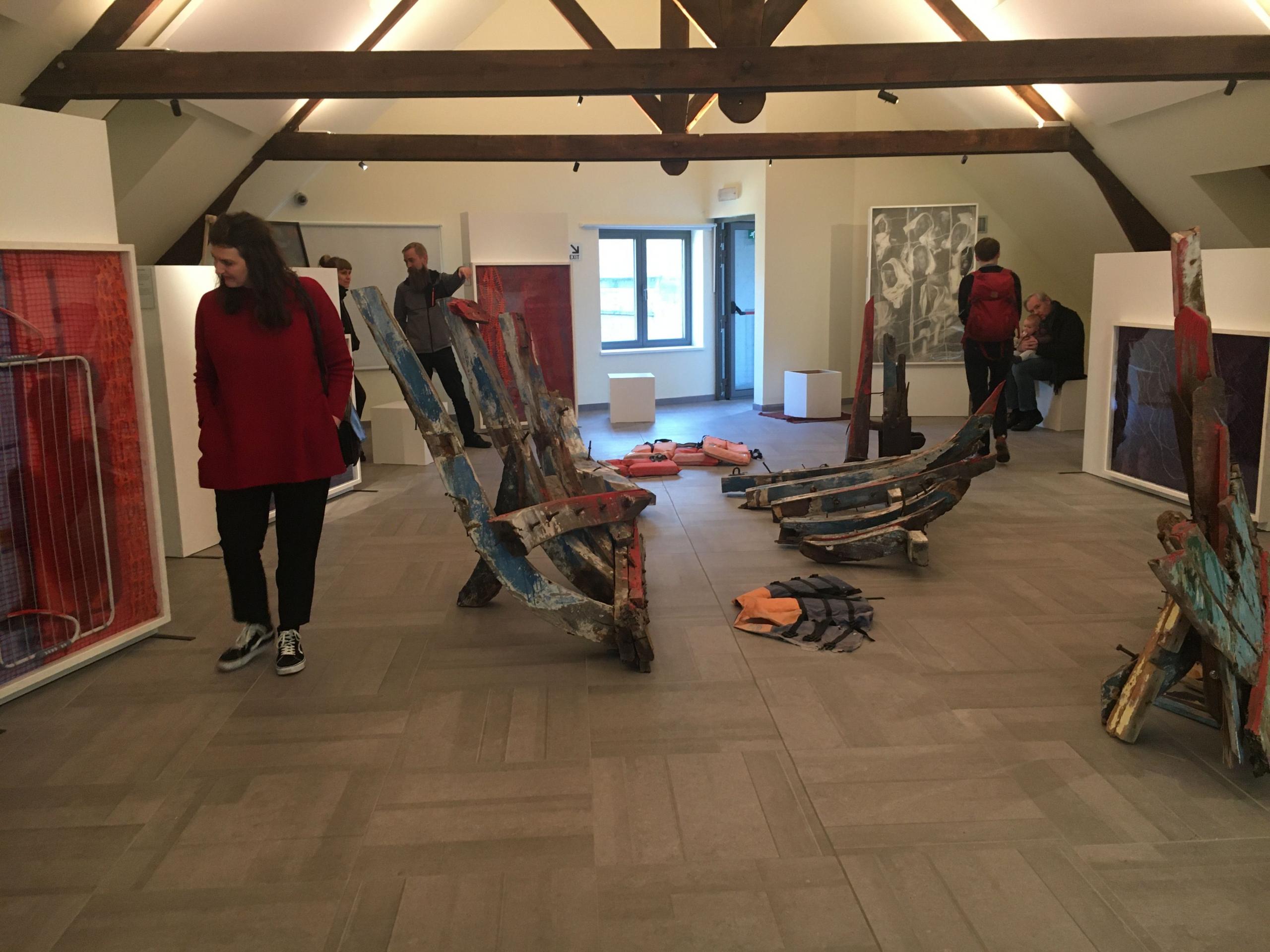
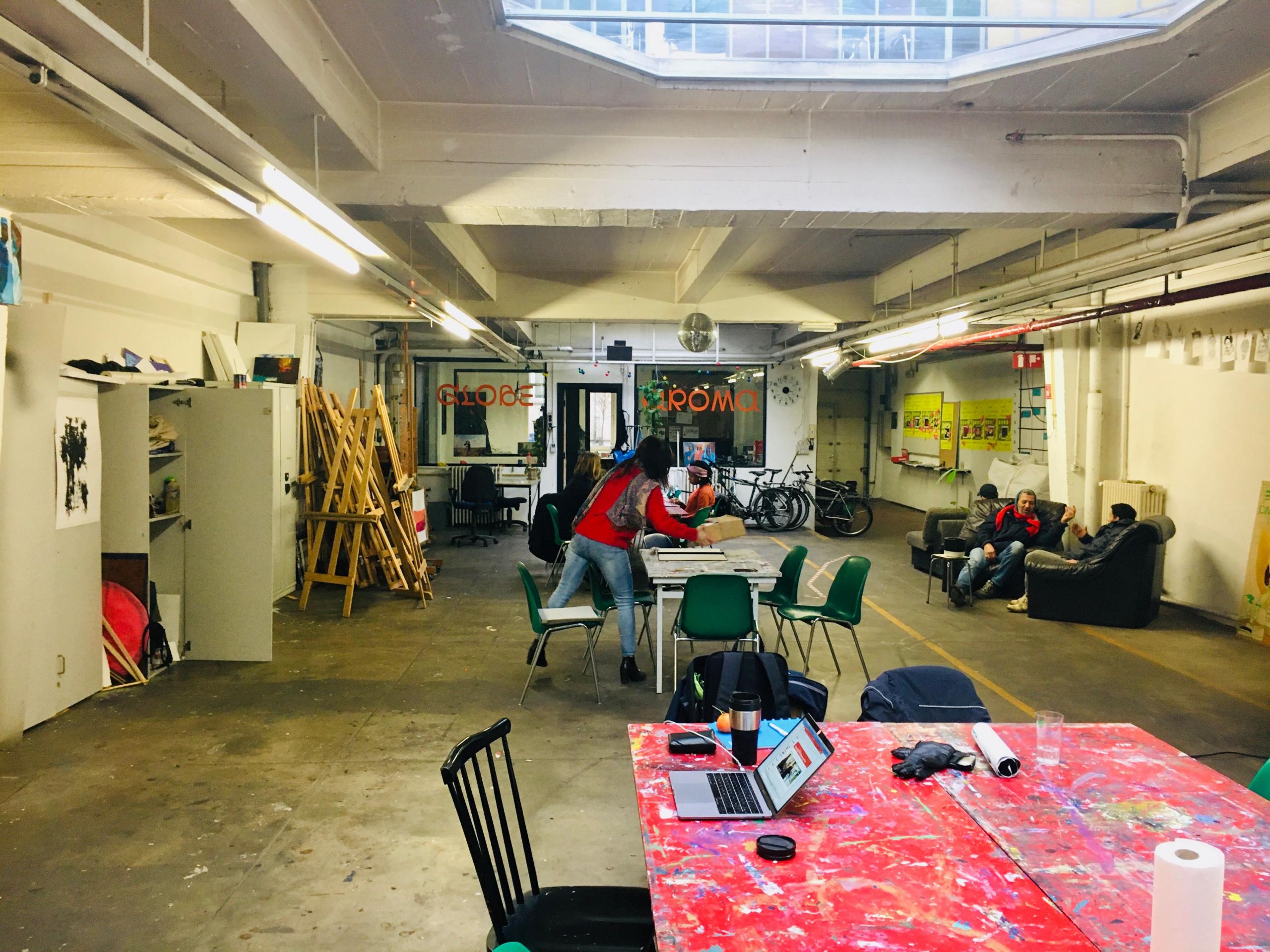
Interesting collaborations / partnerships
Globe Aroma is an open art house, located in Brussels. It is a place, accessible to all, where refugees and asylum seekers, as well as the larger population of Brussels, can meet and create artistic outputs. Several observations and interviews have been done in this environment.
Together with Pögehaus in Leipzig and a local artist, we have organised an exhibition for the wider public, which opened at the Pögehaus on 2nd October 2021. The exhibition visualises findings from our research and seeks to promote public understanding and dialogue. There will also be an accompanying performance project with the performance art group “Interaction”.
We are working with North East Solidarity and Teaching (N.E.S.T.) in the North East of England and the Great North Museum to put together an exhibition about young asylum seekers’ and refugees constructions of home and belonging.
Together with Framer Framed in Amsterdam and a professional photographer (Karine Versluis), we have organised a photo voice project that resulted in an exhibition for the wider public, which was closed in a festive way at the Molewijkkamer on 10th October 2021. You can read more about the project here.
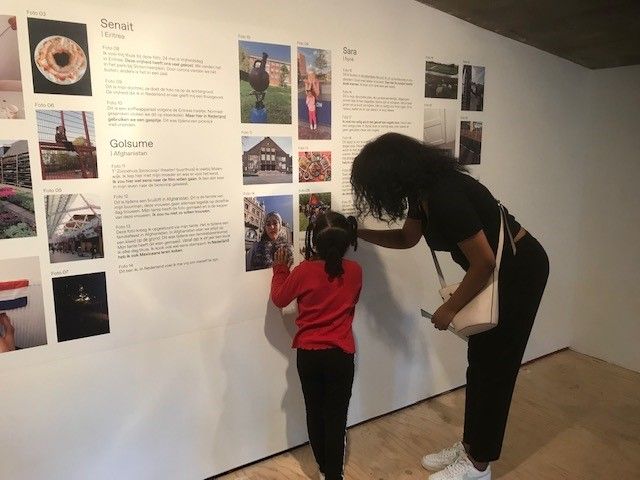
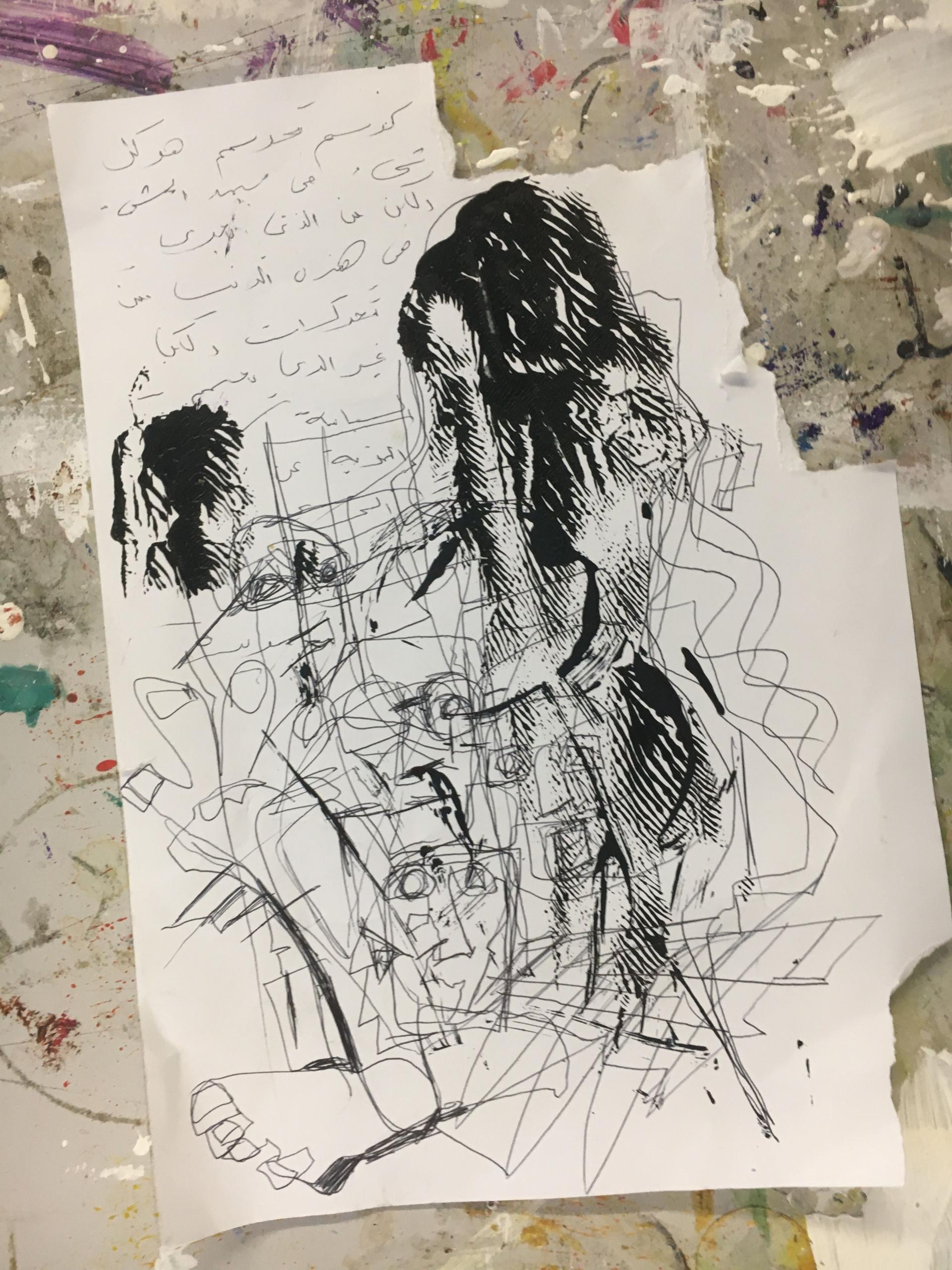
Project outputs
Blogposts:
- Lockdowns and the hidden crisis of asylum-seeking and refugee women – https://www.transformingsociety.co.uk/2021/04/20/lockdowns-and-the-hidden-crisis-of-asylum-seeking-and-refugee-women/
- The invisible corona crisis – problems and grassroots solutions – https://www.identitiesjournal.com/covid-19-blog-series/the-invisible-corona-crisis-problems-and-grassroots-solutions
- Ankommen als rhizomatischer Prozess – https://blog.leibniz-ifl.de/2020/10/ankommen-als-rhizomatischer-prozess/
- Urban story-mapping: The city of Leipzig from the perspective of newcomers – https://notanatlas.org/urban-story-mapping-the-city-of-leipzig-from-the-perspective-of-newcomers/
